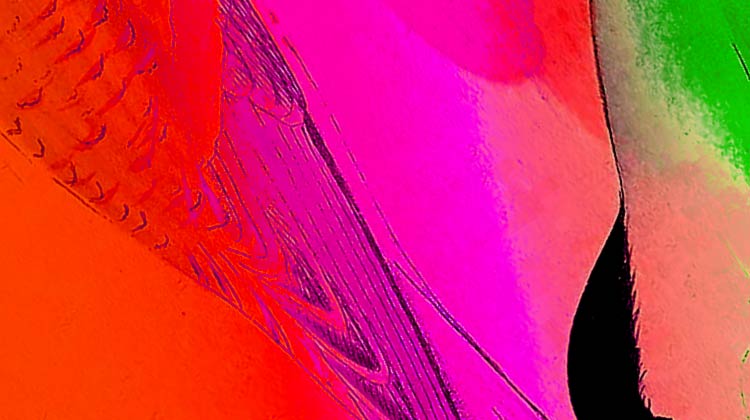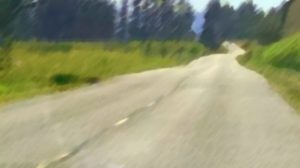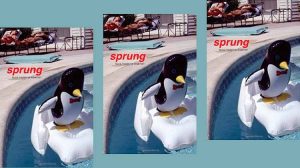
Oral History of a Touch-Starved Maniac
Can it be in Byzantium 547CE
a king steps from his bath
at the same moment
I glance inside a Starbucks
window and see my own
reflection staring back
like a wolf lean with desire
for the pack to return?
Why discount the limits of
potentiality? Say the work song
is enough to get through the day
—do you need more proof than that
of love? Of course there is a point
where we can’t look back.
Orpheus knows it, now
Eurydice remains apart for it
—a part of the play we can’t yet see—
like strings connecting two cans
from treehouse to treehouse
and two kids whisper into them
all the secrets of the world
or of two kids who know
the world simply as a glass lens
and they are light passing through.
Until I am like the light—no
not like the light—
until I am the light, keep me away
from the lonely enchanted
for I fear I am joining their numbers.
Inside me a great tsunami is rising.
I’d like to say I was able to beat it.
I’d like to say I can still pick up
a boy from a bar or get a number
in a café—but the world is quiet here.
We are swimming through a hell
of our own creation. I’m with you
in Byzantium lonely boy
with your crown too big
for your kingdom. Stay with me
as we stare into the window
together. Of course you are here.
Of course this is now.
We will peer into a window
darkly and see what faces turn our way.
Is it possible to regard mortality
without metaphor? How do we face
the world with eyes unclouded
by the singularity of existence?
We die alone and spend our lives
looking for ways to avoid it.
We can’t control what happens after
we write “The End” any more than
we can control what happens in love.
The unexamined life is worth living
if it remains unexamined together.
And here on this kitchen table
—my back shoved against the wall
your knee pressed close between my thighs—
the world condenses down into singularity.
The words are insubstantial signifiers
for the fire in my belly or my spirit.
I hold you—and there is a “you”—
until the world
passes by and touches me
—living starving reclaimed—
but touches me. I lift my head
as if in prayer and I think
this is when you speak. You say
“The wind, it’s in your bones.”
It is.
It is.
Oral History of a Touch-Starved Maniac
Grandma says the garbage disposal is most certainly used
for chicken bones and frying grease and bits of leftover meat
but my dad’s convinced that shit goes right in the trash
or else we’ll break the garbage disposal, tell me, what then
is the garbage disposal even for? In the kitchen a sign hangs
over the stove saying Pop’s Greasy Spoon: It Ain’t Healthy
But It Sure Tastes Good and if that isn’t a symbol for grief
I don’t know what is. It tastes good at first, sliding down
the gullet like a golden liquid poured from a glass chalice
and you think safety is within your grasp. You know how
the story goes. Today I sat at table with people I am supposed
to call family and I referred to none of them as such. Why discount
isolation? It is in the white-barked forests I find my solace and
a boy pulling a sled up a mountain, yelling down loud enough
for me to hear, not so loud as to call down the avalanche:
It ain’t safe up here, but the wind sure tastes good.
There is a fox in our yard who sneaked through our fence
and built a den in our sandbox. We feed him robin’s eggs
we steal from the nest perched right above his head. The mother
robin keeps laying eggs and we keep taking them
and the fox has no idea where they come from. I think
somewhere in there is a story about love. Or about the desire
for love so strong you would sacrifice some part of yourself
just to know someone else is thinking about you, stealing away
some part of you that you can never reclaim.





Sam Silva says
Sage is a brilliant poet.
Lake says
“Inside me a great tsunami is rising.
I’d like to say I was able to beat it.”
Wow wow wow wow. Lovely work, all of it!